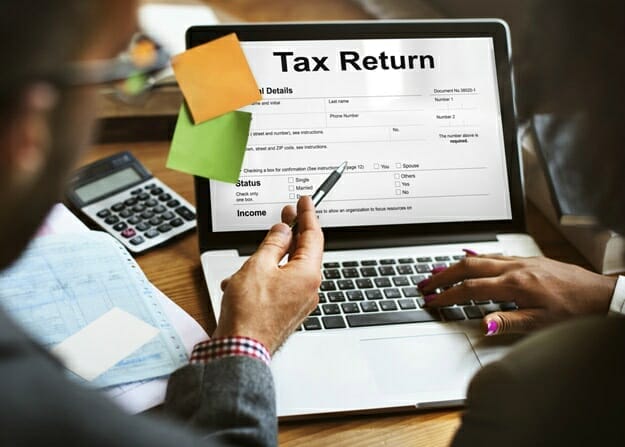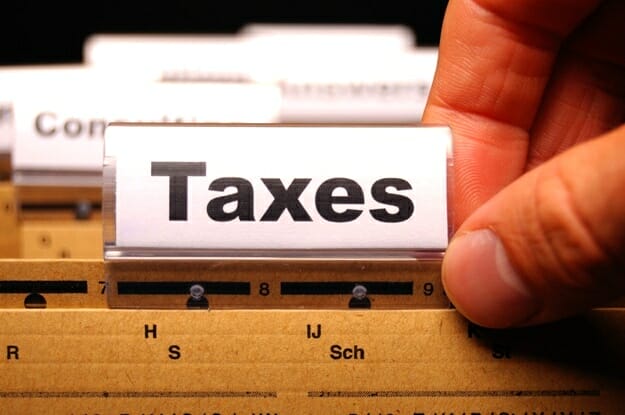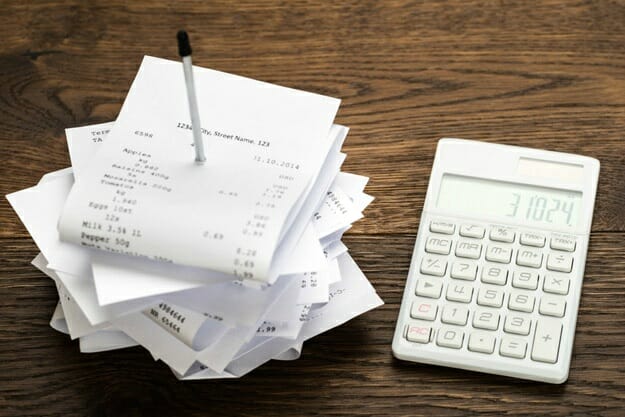What is income tax preparation? Unfortunately, most of us only have a vague idea or plan. However, tax preparation doesn’t need to be difficult. In fact, there are tools you can use for your tax preparation. In this article, we present you with the basics of tax preparation. That way, you don’t have to feel stressed when tax season arrives.
What Is Income Tax Preparation? | What You Need to Know
1. What Is Tax Preparation?
Tax preparation usually refers to the process of preparing tax returns — usually income tax — by a person other than the taxpayer. This method is chosen by the taxpayer in the hopes of receiving greater compensation or returns. Taxpayers can prepare their taxes through a software, online, or through a licensed accountant or attorney. While you can choose from any of these options, most people seek the services of a tax preparer due to the complex U.S. tax structure.
2. Who Can Prepare Your Tax Return?
More than 60% of people say they already know where their tax refund money is going https://t.co/G8Mk5ysD4J pic.twitter.com/wbFl6fLfVC
— Amanda Clark (@Amanda_Clark84) December 11, 2017
Although you yourself can prepare your own tax return, you also have the option of using the services of another individual. In fact, if you trust them enough, even a relative or a friend can do your tax returns for you via a tax software or online. However, as mentioned earlier, most people prefer to use the services of a tax preparer when it comes to dealing with their taxes. Remember, a professional tax preparer should have a PTIN or a Preparer Tax Identification Number granted by the IRS.
Who are the commonly hired tax preparers?
- An Accountant — A licensed Certified Public Accountant can provide tax services to any individual or business. Most CPAs specialize in tax preparation and advisory services.
- An IRS Enrolled Agent — This is an individual who works with the IRS. Their job includes representing taxpayers to the IRS in tax auditing matters and the filing of documents, among other responsibilities. However, bear in mind that an enrolled agent cannot represent you in tax court. This is because only a lawyer or individual who passed a “Tax Court Exam For Non-Attorneys” can represent you in tax courts.
- Attorneys — An attorney is a licensed lawyer who has passed the bar exam. Some attorneys even specialize in tax preparation and planning.
3. What Information You Need to Gather
This is one of the most tedious parts of the tax preparation process and involves many documents you need to have obtained by the end of January. When compiling these documents, ensure the information on the forms matches your personal records.
Your required documents may include the following forms:
- Form SSA-1099 from your Social Security.
- 1098 forms can represent mortgage interest, tuition payments (1098-T), and student loan interest (1098-E).
- Form W-2G represents gambling winnings.
- Form 1099 can be a cancellation of debt (1099-C), non-employee compensation paid to independent contractors (1099-MISC), or dividends (1099-D).
- W-2 from your job.
- Form 1095-A from government Marketplace, where you bought health coverage.
How to Prepare the Income Tax Return
1. Select a Preparer
The government approximates that around 60% of Americans do not prepare their taxes on their own. From this, we can deduce that most individuals use the services of a tax preparer to do their taxes for them. If you’re one of these individuals, you need to choose who is going to aid you in preparing your tax return.
Be sure to ask for preparer recommendations from friends and family. Again, you want to make sure that your preparer has a PTIN or a Preparer Tax Identification Number. This ensures that the person you’re dealing with is an authorized tax preparer. The IRS also offers a directory to help you in your search.
2. Collect Your Receipts
Knowing what receipts to collect will depend on whether you want to itemize personal deductions over the standard deduction. A sure way of determine which is better for your write-off is to calculate your number of personal deductions and compare it with the standard deduction.
If you do choose to itemize your personal deductions, you should gather the following receipts:
- Receipts for medical costs not covered by health insurance or health plan.
- Investment or job-related expenses.
- Property taxes.
If you have a business, you have to share your company’s books and records. Some examples of these may be receipts from expenses, statements from banks and credit cards, and similar documents.
3. Prepare Your Last Year’s Return
When you employ the same preparer, your last year’s return will most likely be on hand. If you employ a new preparer, the old return will probably come in handy, guaranteeing that obvious returns aren’t missed. For example:
- You may have contributed to charities and did not receive acknowledgment. You may still deduct these contributions as long as you have proof, like canceled checks. Look to see whether you made similar contributions this year from last year’s contributions.
- Interest and dividends. Look for 1099s this year, if you received these types of income last year.
Want to know more about income tax preparation? Watch this video from MyFirstHomeNetwork:
Income tax preparation can be a tedious task when you do it on your own. This is one of the reasons why most Americans choose to employ the services of a tax preparer. However, even if you seek the help of a preparer, you should not depend exclusively on them. After all, what a preparer uses for your tax returns all depends on what you provide to them.
What is income tax preparation in your household look like? Have you obtained the services of a tax preparer to do your tax returns? Let us know in the comments below!






